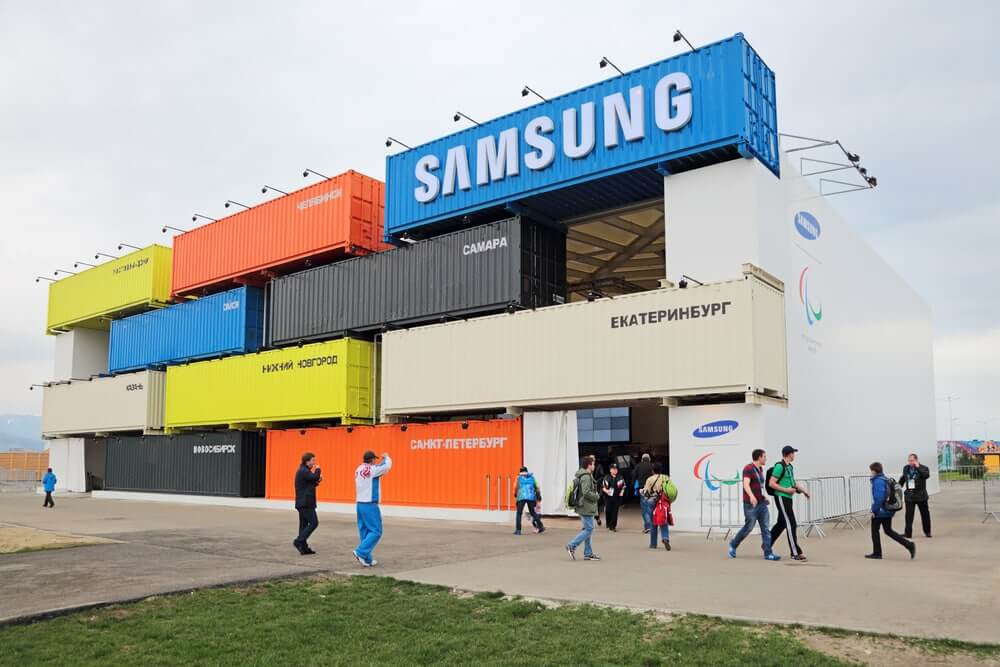
Samsung Aims to be Self-Sufficient on Semiconductor Needs
Samsung partners with the South Korean government to move towards self-sufficiency.
Same time last year, the Japanese government slapped export restrictions on critical high-tech materials needed for chipmaking on South Korea. This includes hydrogen fluoride gas and chemicals called “photoresists.”
The move is brought by the rising geopolitical tensions with the two countries at that time over the forced labor issue during World War II.
In response, the SK chipmakers plotted workarounds by sourcing supplies directly from their Japanese suppliers’ facilities in China and Taiwan.
The Japanese government quickly discovered their trail. Thus, they warned that efforts to bypass restrictions could subject both supplier and importer to international trade sanctions.
Due to limited alternatives, Samsung continuously invested a hefty sum in resources to find a way out. In July, it partnered with the South Korean government to unveil an expanded semiconductor material testing facility.
This features a towering Samsung-donated machine called the ArF immersion lithography machine made by ASML Holding as the centerpiece. The device uses the world’s top chipmaker in its production line.
The technology company shelled out 20 billion won. This was used to buy and refurbish the machine, which costs 100 billion won or $84 million when new.
The new facility aims to encourage local chipmakers to manufacture and test their own key semiconductor materials, including those listed in the export curb, particularly the photoresist.
Similarly, Samsung invested in two local makers of chip components and testing equipment to develop second-generation chip technology.
The new ventures S&S Tech Corp and YIK Corp on are collectively worth 113 billion won, the first of the company’s investment in a similar field in nearly three years.
The Pandemic’s Chipmaking Dilemma
According to industry experts, Samsung’s moves signifies its serious interest to shore up business in chipmaking.
The industry warns that South Korea will traverse a rough road ahead. Specifically, in the pursuit of its aims. However, it is on the right track.
For the record, the need for self-reliance in chip technology has frequented discussions over the last months due to unexpected shifts in the global supply chain.
Due to this, many manufacturers realized the imperatives of cultivating homegrown chip technology.
Earlier in the month, Huawei faced a formidable hurdle against another ban imposed by the Trump administration, putting it on another ban threat anew.
The new restriction requires Huawei’s chip makers that use US technology to obtain a “special license” before they can continue transactions with the modern technology firm.
Many of its major suppliers backed down, thus threatening the brand’s existence and its market value.
According to technology news, the Chinese conglomerate has only a year’s worth of chip supplies in its stockpile.
Although the brand has a reputation of antifragility as it launched its operating system on Friday called the HarmonyOS 2.0, developed to rival Google’s Android OS.
The recent move by Samsung signifies its move towards securing various options. So that the firm will not be dependent on one source that could crumble on demand.




